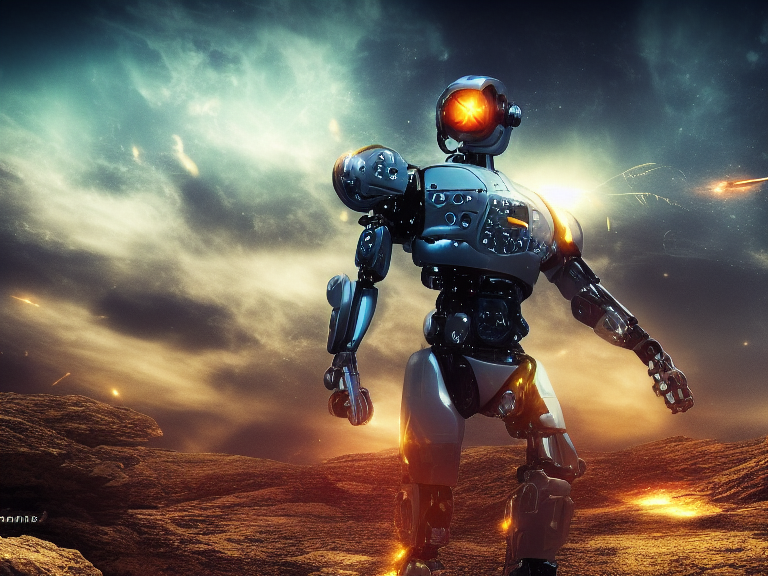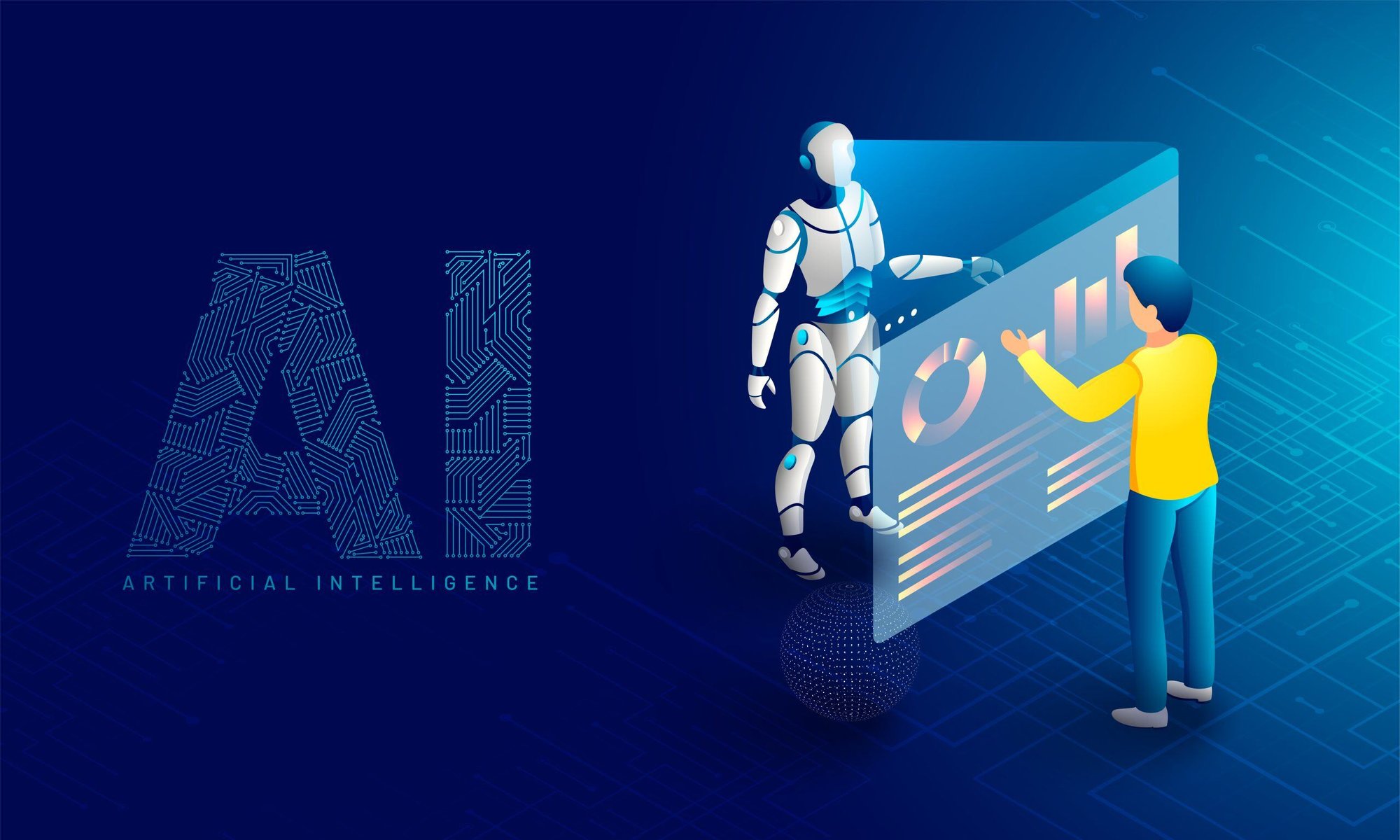Understanding AI Agents: Unleashing the Power of Predefined and Replicable Actions
In today’s fast-evolving technological landscape, Artificial Intelligence (AI) has made significant strides, impacting myriad aspects of daily life and transforming how tasks are automated and managed.
Within this AI ecosystem, the concept of an AI agent stands out. But what exactly is an AI agent, and how does it differ from a human utilizing AI?
Furthermore, how does the stepwise or "steptual" nature of AI agents lead to their profound capabilities? This article explores these questions, unraveling the intricate world of AI agents.
What is an AI Agent?
An AI agent is a computational entity that perceives its environment through sensors and acts upon it using actuators to achieve specific goals. It operates autonomously, driven by algorithms that allow it to learn, adapt, and optimize its performance over time. In essence, AI agents are designed to mimic human decision-making processes but can operate beyond human limitations in terms of speed, efficiency, and capacity.
Give us 30 minutes please!
Key Characteristics of AI Agents:
- Autonomy: AI agents function independently without continual human intervention, making decisions and executing tasks based on their programming and learned experiences.
- Reactivity: They can respond to changes in their environment in real-time, recalibrating their actions to maintain or enhance their performance.
- Proactiveness: Unlike simple automated systems, AI agents can anticipate potential issues or opportunities and take preemptive measures.
- Learning Ability: AI agents can utilize machine learning techniques to improve their knowledge base and decision-making over time.

Differentiating AI Agents from
Human Usage of AI
While a human using AI is essentially a user employing tools developed through AI to perform tasks more efficiently, an AI agent acts autonomously, making its decisions and actions independent of direct human control. Here are the core differences:- Human-in-the-loop: When humans use AI, they make final decisions and direct the AI’s analysis or outputs for specific tasks. In contrast, AI agents operate with minimal human oversight.
- Consistency and Precision: AI agents offer consistent outputs and are not prone to human errors such as fatigue or emotional bias.
- Scalability: A single AI agent can manage an enormous amount of data and execute tasks at a scale & speed unattainable by human efforts.

Power of Predefined and Replicable Loops
One of the defining strengths of AI agents is their ability to encapsulate tasks within predefined and replicable loops:- Efficiency: By predefining procedures, AI agents can replicate successful strategies, reducing the need for recalibration and experimentation.
- Scalability: A single effective process can be replicated across multiple instances, allowing an exponential increase in task execution without additional resources.
- Reliability: Predefining processes ensures consistent execution, minimizing variability and increasing reliability in outcomes.
- Continuous Improvement: Feedback loops allow AI agents to refine their processes continually, leading to improvements in efficacy and adaptability over time.
